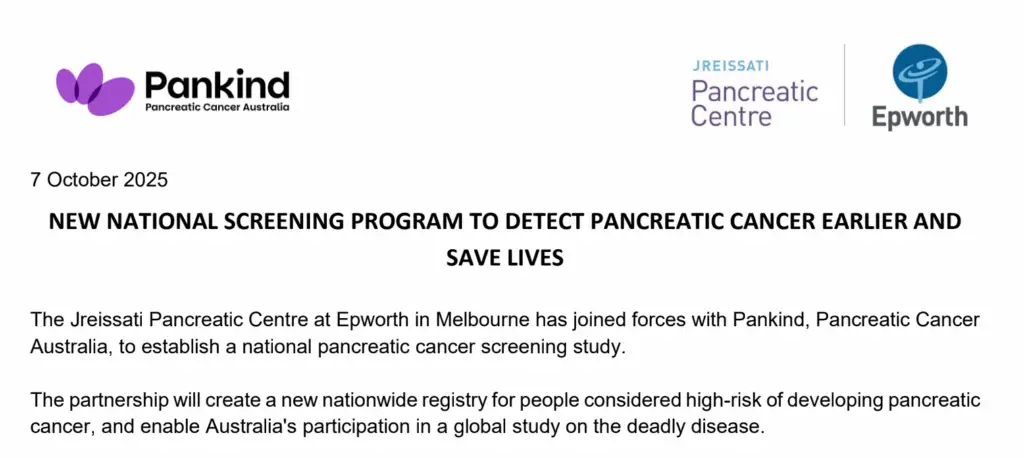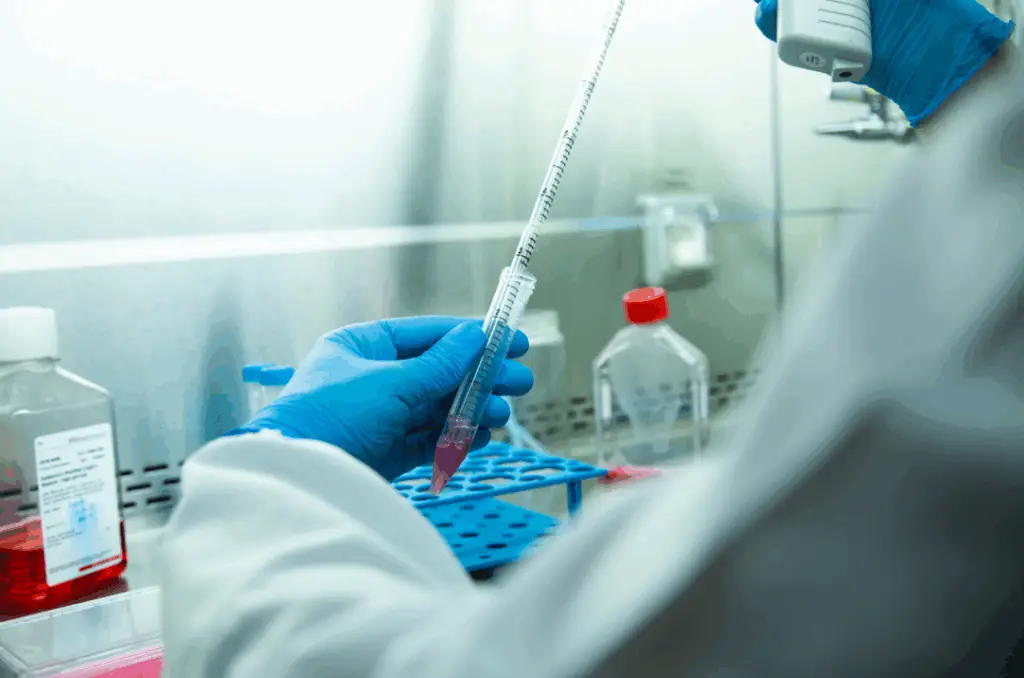Pancreatic cancer is one of the most challenging cancers to detect early. Because the pancreas sits deep within the abdomen, tumors often go unnoticed until they cause symptoms or spread to other organs. At that point, treatment becomes more difficult and survival rates decline. This makes early testing and screening approaches critically important, especially for individuals at higher risk. While there is currently no single universal screening test for pancreatic cancer, several diagnostic tools and strategies can help identify it earlier than ever before.
Imaging Tests
One of the most common ways to evaluate the pancreas is through imaging. Techniques such as CT (computed tomography) scans, MRIs (magnetic resonance imaging), and PET scans provide detailed pictures of the pancreas and surrounding structures. These tests can reveal tumors, cysts, or changes in tissue density. Another powerful option is the endoscopic ultrasound (EUS), which uses a thin tube with an ultrasound probe to create high-resolution images of the pancreas from inside the digestive tract.
Blood Tests
While no blood test can definitively diagnose pancreatic cancer, certain biomarkers can signal potential problems. The most widely used is CA19-9, a tumor marker that is often elevated in people with pancreatic cancer. However, it is not perfect—levels may rise due to other conditions, and some patients with pancreatic cancer never show elevated CA19-9. For this reason, blood tests are usually used in combination with imaging or to monitor disease progression rather than as standalone screening tools.
Genetic and Family History Testing
Individuals with a strong family history of pancreatic cancer or known genetic mutations may benefit from genetic testing. Mutations in genes such as BRCA1, BRCA2, PALB2, and CDKN2A are linked to an increased risk. Genetic counseling can help determine whether testing is appropriate and guide decisions about screening frequency and preventive care.
Clinical Trials and Emerging Approaches
Researchers are actively developing new ways to detect pancreatic cancer earlier. Clinical trials are testing cutting-edge approaches, including liquid biopsies (blood tests that look for tumor DNA), advanced imaging technologies, and novel biomarkers. Participating in these trials not only provides access to the latest tools but also supports progress toward better outcomes for all patients.
Who Should Consider Screening?
Because universal screening is not yet practical, testing is usually recommended for individuals with higher risk profiles. This includes those with:
- A family history of pancreatic cancer
- Genetic mutations linked to cancer risk
- A history of chronic pancreatitis
- Newly diagnosed, unexplained diabetes in older adults
These groups may undergo more frequent imaging or blood testing as part of a proactive monitoring plan.
Conclusion
While pancreatic cancer remains a difficult disease to detect early, advances in imaging, blood testing, and genetic screening offer growing hope. For people at higher risk, discussing screening options with a healthcare provider can lead to earlier detection and better treatment outcomes. Continued research and participation in clinical trials are essential for developing more reliable, accessible, and effective tools in the fight against pancreatic cancer.





